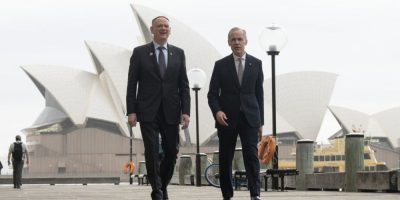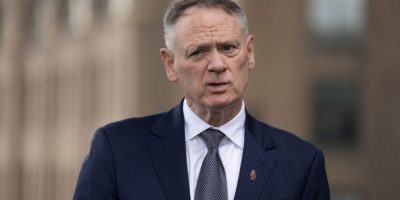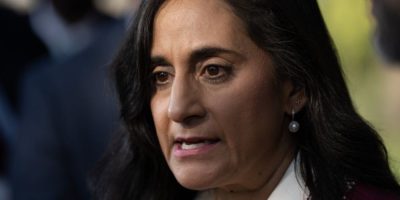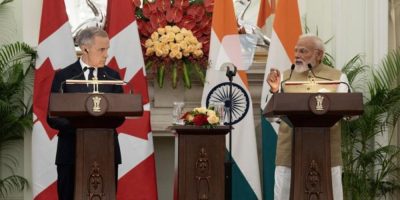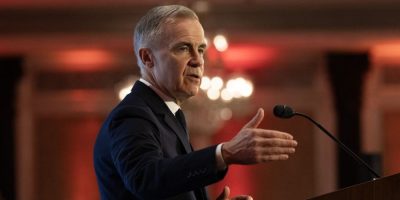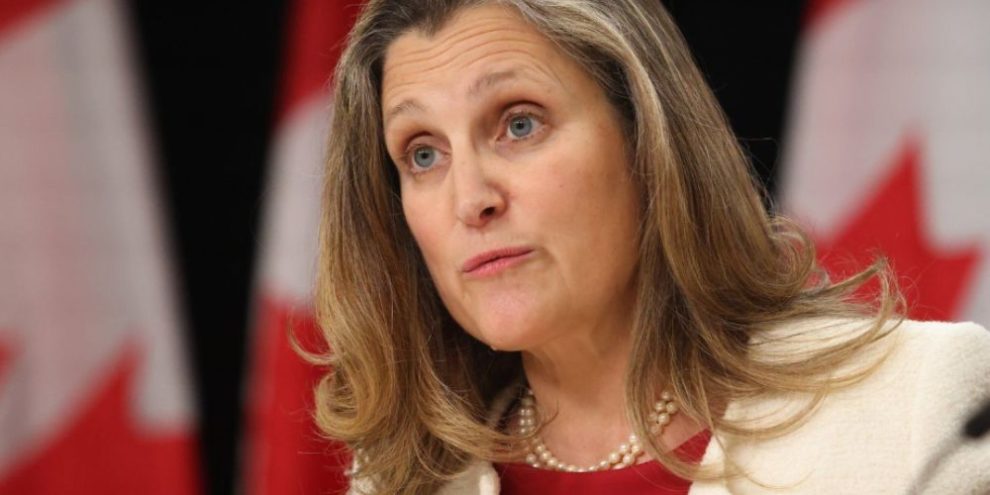
Deputy Prime Minister Chrystia Freeland said Tuesday she shares the "legitimate" concerns of U.S. officials about Mexico becoming a back door for China to wedge its way into the North American trading regime.
Freeland said members of the outgoing administration of President Joe Biden and advisers of incoming president-elect Donald Trump have expressed "very grave" concerns personally to her about the issue of China setting up shop in Mexico to muscle its manufacturing into the North American free-trade zone.
"We are not a backdoor to Chinese unfair traded goods," Freeland said Tuesday. "However, the same cannot be said of Mexico."
Barrie's News Delivered To Your Inbox
By submitting this form, you are consenting to receive marketing emails from: Central Ontario Broadcasting, 431 Huronia Rd, Barrie, Ontario, CA, https://www.cobroadcasting.com. You can revoke your consent to receive emails at any time by using the SafeUnsubscribe® link, found at the bottom of every email. Emails are serviced by Constant Contact
Freeland has sought to reassure nervous Canadians that the country is in a good position with the incoming Trump administration, even as it threatens new tariffs, because Ottawa is moving in lock-step with the U.S. on Chinese trade irritants.
She said Tuesday Canada is the "only country in the world which is fully aligned with the U.S. today when it comes to economic policy vis-a-vis China."
Canada moved earlier this year to match U.S. tariffs on Chinese-made electric vehicles, steel and aluminum products, accusing China of overproduction and unfair trading practices.
Prime Minister Justin Trudeau raised the issue with Mexican President Claudia Sheinbaum in a meeting on the sidelines of the G20 leaders' summit in Brazil Monday. He called it a "frank" discussion.
“There are questions and concerns around some of the Chinese investments in Mexico — things that I highlighted directly with the Mexican president,” Trudeau said at a news conference Tuesday in Rio de Janeiro. "But I also know that Mexico is dedicated to continuing in this extraordinarily successful trade deal."
While Ottawa bristles at Mexico by way of diplomatic blandishments, by far the boldest words are coming from two of Canada's premiers.
Ontario Premier Doug Ford turned heads last week when he suggested Canada should forge ahead on a bilateral trade deal with the U.S. if Mexico doesn't clamp down on Chinese auto imports entering into North America.
On Nov. 12 Ford said that Mexico is "importing cheap products" from China, then "slapping a made-in-Mexico sticker on and shipping it up” into Canada and the U.S.
“What I’m proposing to the federal government: We do a bilateral trade deal with the U.S., and if Mexico wants a bilateral trade deal with Canada, God bless ‘em,” he said. Alberta Premier Danielle Smith echoed that sentiment. While on the national TV talk circuit, she said she's "a thousand per cent" in agreement with Ford.
"We need to take a bilateral approach and put Canada first," Smith said on CBC Friday.
A report by the United States Trade Representative earlier this year warned U.S. industry stakeholders “expressed concerns that increasing Chinese foreign direct investment in the automotive sector in Mexico poses a significant threat to the competitiveness of the North American auto industry” and could allow China skirt tariffs.
According to the U.S. industry group Coalition for a Prosperous America, which promotes the U.S. taking a combative trade stance, more than 20 Chinese auto manufacturers have invested billions in Mexico.
On the campaign trail during the summer in Milwaukee, Trump claimed Chinese automakers are building large factories in Mexico to flood cars into the U.S. on the sly, but an Associated Press fact check found no such plants currently being built.
China has become Mexico's fastest-growing source of foreign investment, according to a Federal Reserve Bank of Dallas report from last year, and China's top EV maker BYD, a global leader in electric vehicle sales, has been eyeing setting up shop in Mexico.
BYD is also looking into the possibility of setting up in Canada.
This discussion is happening ahead of a mandatory renewal of the Canada-United States-Mexico Agreement that must happen by July 1, 2026.
Canada’s Ambassador to the U.S. Kirsten Hillman spoke briefly with media after attending a Canada-U. S. relations Cabinet committee meeting Tuesday, rebooted after the U.S. election to tackle emerging bilateral issues with the incoming Trump administration.
Hillman said the border, trade and tariffs are major issues currently preoccupying the government. "We need to be prepared," she said.
This report by The Canadian Press was first published Nov. 19, 2024.

